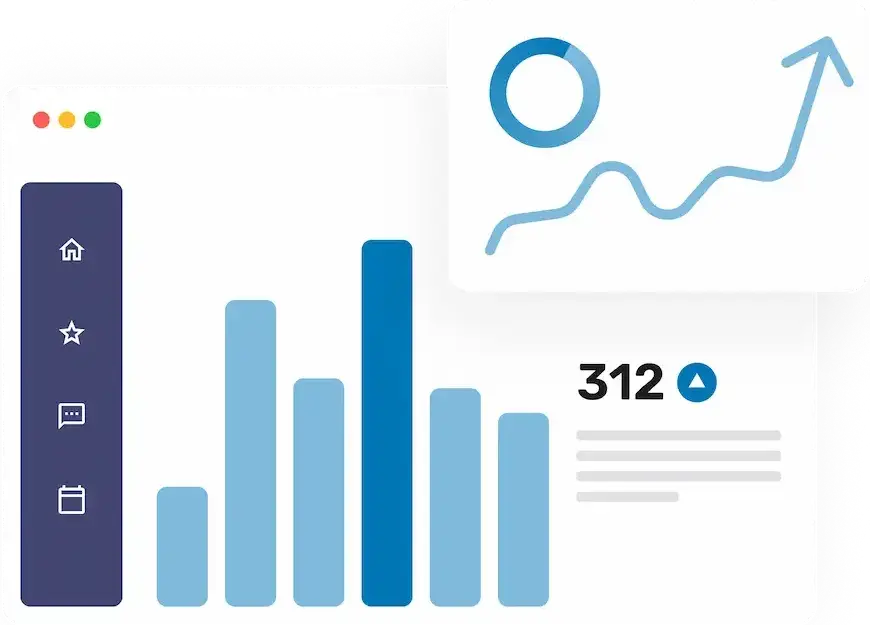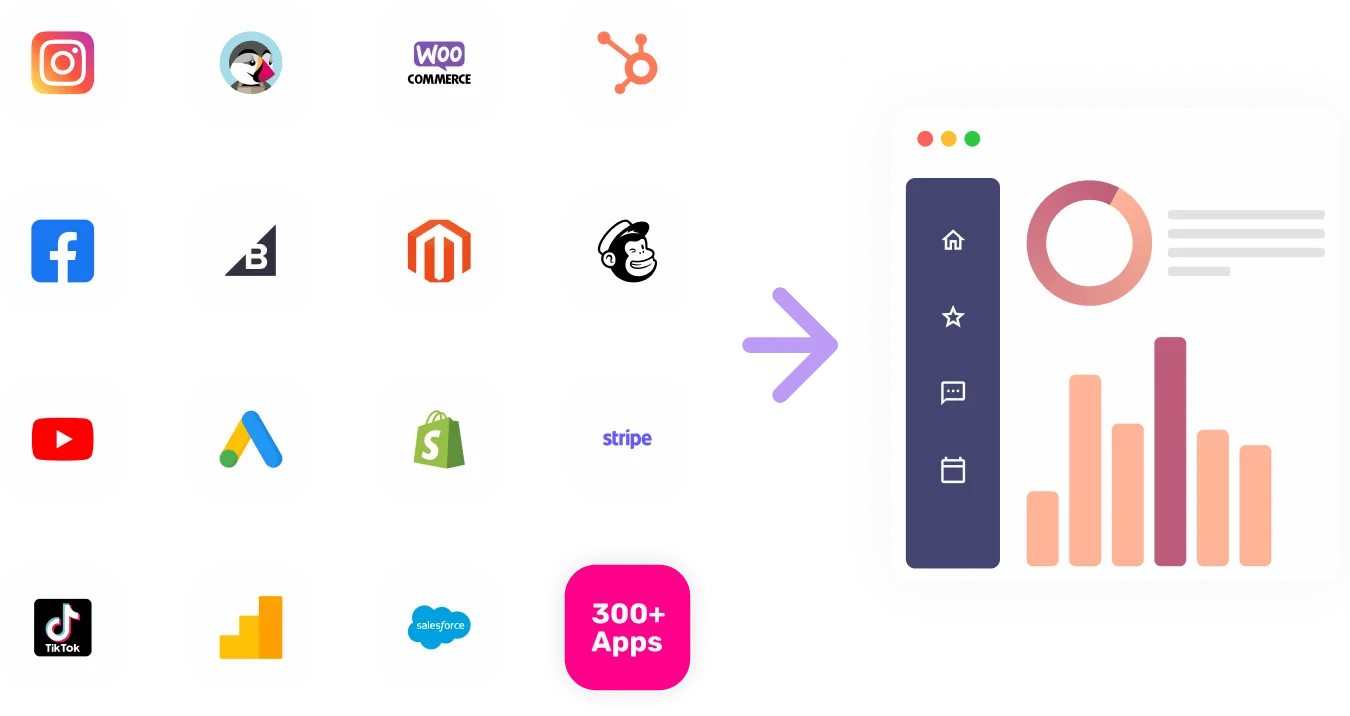

Sync Google Calendar to Redash
Enhance Time Management with Google Calendar Integration. Seamlessly integrate your events and schedules with Google Calendar to streamline planning, coordination, and productivity.


Visualize Your Google Calendar channel data with Growth Nirvana's Google Calendar Connector
Optimize Your Scheduling and Time Management with Google Calendar Integration. Unlock the power of synchronized calendars to efficiently manage your time and activities.
FAQs
What are the Most Popular Metrics in Google Calendar to Analyze?
Event Attendance: Track attendance and participation in scheduled events and meetings.
Meeting Duration: Measure the duration of meetings and events for better time management.
Scheduling Efficiency: Assess the efficiency of scheduling processes and identify bottlenecks.
Resource Utilization: Analyze the usage of shared resources such as meeting rooms and equipment.
Collaboration Patterns: Understand how teams and individuals collaborate through event scheduling.
Attendance Trends: Monitor trends in event attendance and identify patterns over time.
Meeting Frequency: Analyze the frequency of meetings and their impact on productivity.
Scheduling Accuracy: Evaluate the accuracy of event scheduling and minimize conflicts.
Event Types: Categorize and analyze different types of events and their purposes.
Time Allocation: Assess how time is allocated to different activities and priorities.
Why Analyze Google Calendar Data?
Efficient Time Management: Optimize time allocation and ensure effective use of available hours.
Productive Scheduling: Improve productivity by strategically scheduling tasks, meetings, and events.
Resource Optimization: Maximize the use of shared resources and facilities through data analysis.
Collaboration Enhancement: Enhance collaboration and coordination among team members through synchronized calendars.
Meeting Effectiveness: Enhance the quality and impact of meetings through data-driven insights.
Time-Related Insights: Gain insights into how time is utilized, identifying areas for improvement.
Adaptive Scheduling: Implement adaptive scheduling strategies based on data-driven patterns.
Optimal Time Slots: Identify the best time slots for specific types of activities and events.
Strategic Planning: Support strategic planning by aligning activities with business objectives.
Balanced Workloads: Ensure balanced workloads and avoid scheduling overload for individuals and teams.
